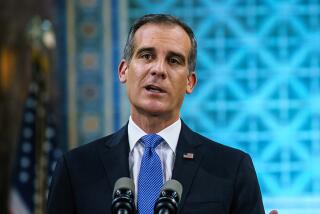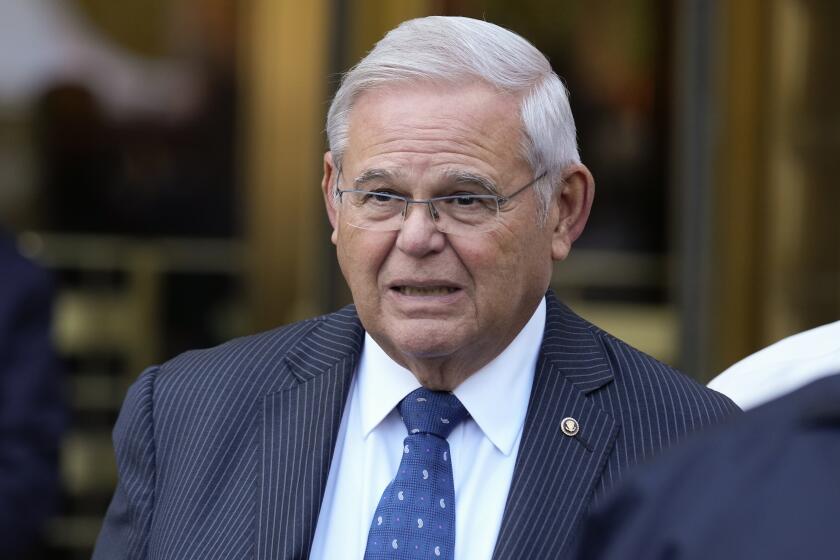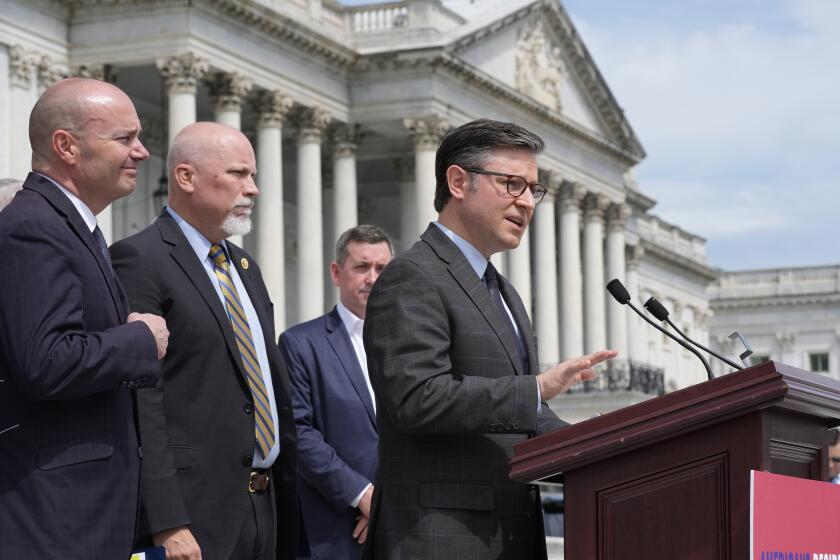Single bank agency plan faces hurdles
Sen. Christopher J. Dodd this week joined the generations of dreamers who have called for eliminating the nation’s muddle of banking regulators, arguing that a single agency would be more efficient and would end the ability of banks to choose the most lenient supervisor.
“The financial crisis,” Dodd (D-Conn.) said, “exposed a financial regulatory structure that was the product of historic accidents, one after another, over the past 80 years, created piece by piece over decades, with little thought given to how it would function as a whole and unable to prevent threats to our economic security.”
But Dodd confronts critics including bankers, regulators and fellow legislators who warn that his plan overlooks the strengths of the current patchwork and ignores the potential downsides of consolidation.
Contending that community banks and international behemoths need different kinds of oversight, the critics say the agencies possess meaningfully different perspectives.
Even in 1938, the Federal Reserve described banking regulation as “a crazy quilt of conflicting powers and jurisdictions, of overlapping authorities and gaps in authority.”
Since then, at least 16 measures calling for a single banking regulator have been introduced in Congress.
Currently, four separate federal agencies oversee the country’s more than 8,000 banks.
Dodd’s plan would combine the Office of the Comptroller of the Currency and the Office of Thrift Supervision. It also would strip the Fed and the Federal Deposit Insurance Corp. of direct supervisory powers, leaving the Fed to handle monetary policy and the FDIC to clean up failed banks.
The idea of a single regulator has attracted fierce opposition from community banks, which fear that such an agency would inevitably focus on larger firms. The FDIC regulates many community banks.
Dodd has sought to address that concern by proposing that community banks be regulated by a special division within the new agency.
Britain, France and Germany, among others, have adopted “some variant of the single regulator,” said William K. Black, a former regulator and a University of Missouri law professor.
“The bad news is that they went to this before the [current] crisis,” he said. “And to state the obvious, it didn’t stop the crisis.”
More to Read
Get the L.A. Times Politics newsletter
Deeply reported insights into legislation, politics and policy from Sacramento, Washington and beyond. In your inbox three times per week.
You may occasionally receive promotional content from the Los Angeles Times.






